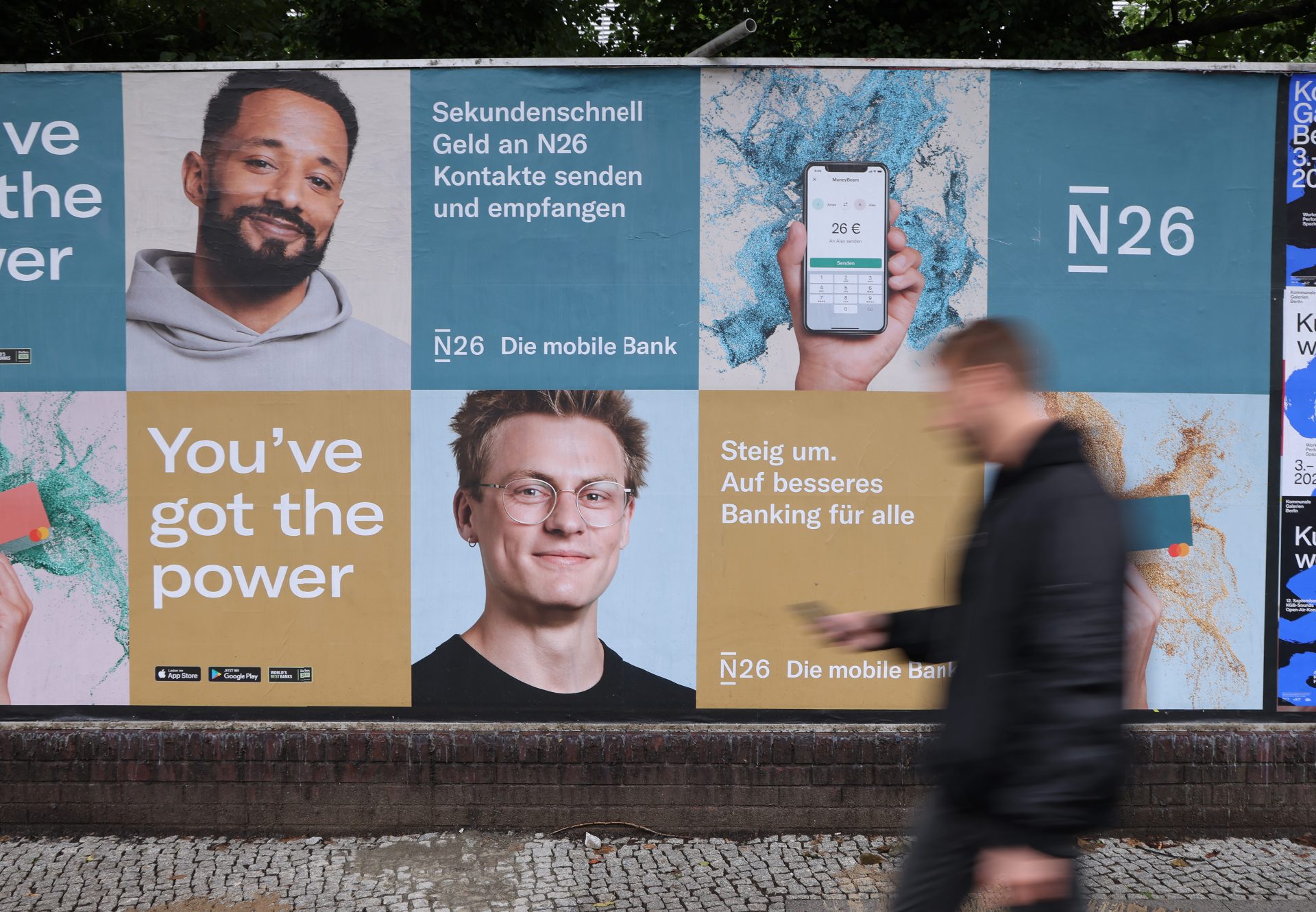The German economy used to be summed up in three words: cars, chemicals and steel. BMW, Bosch, Hoechst, Krupp, Daimler and Volkswagen were bywords for heavy industry, the foundation of Germany’s post-war economic miracle.
These establishment giants are still dominant in Germany, but today they are joined by an increasing number of technology start-ups, run by a younger generation of entrepreneurs comfortable with fast growth and new forms of financing.
Among the best-known names is N26, the brash online banking service targeting millennials with marketing slogans like “Not your grandad’s bank” and “F¥€K Fees”. Other valuable names include Lilium, which claims to be the world’s first electrical vertical takeoff and landing jet maker; Auto1, a pan-European online marketplace for used cars; and Urban Sports Club, which offers customers flexible packages for gyms and sports clubs.
Berlin is the favoured location for this new breed of German businessmen and women who prize coolness and culture alongside profit-making. The combination is attracting international as well as national investor interest.
While only a handful of German start-ups can yet claim the status of ‘unicorns’ – start-ups which reach a valuation of more than $1bn or more – their potential is strong. From their homeland base, they have used the internet to expand across national borders and turbocharge growth.
N26, for example, has raised 711m euros and secured a 3.2bn euros valuation, according to Sifted, the FT-backed news source which monitors venture capital and start-ups in Europe.
N26, run by co-founder Valentin Stalf, a 35-year-old Austrian, is competing with established lenders but also new UK-based start-ups like Revolut and Monzo.
Like other players in the financial services sector, N26 has run into trouble with the industry regulator Bafin for falling behind on anti-money laundering – a big issue following billion dollar scandals in Scandinavia and the Baltic states where banks found themselves accused of handling dirty Russian money.
Germany’s reputation as a start-up hub took a hammer blow last year when Wirecard, a stock market darling, turned out to have a 2.3bn euros hole in its accounts, despite numerous protestations of innocence. The Austrian CEO is in prison awaiting trial, while the Austrian COO is on the run, believed to be in Russia.
But overall the picture is positive with more mature companies like Zalando, the Berlin-based e-commerce site and online fashion retailer founded in 2008, continuing to grow strongly.
The billion dollar question is whether these capital-hungry start-ups can be best managed within the traditional German system where leading commercial banks like Deutsche Bank and Commerzbank have provided loan finance.
Between 1950 and 1970, the years of Germany’s economic miracle, growth was driven by the carmakers and the steel companies but also by the Mittelstand, the small and medium-sized companies which provide value-added products often based around high-quality engineering skills.
Klaus Hommels, the founder of Lakestar Capital, a venture capital investor, argues that Germany faces a serious financing gap because traditional commercial lending is inadequate, partly because of regulations after the global financial crisis but also a longstanding mistrust of financial innovation.“
Germany and Europe risk becoming dependent on the US,” he told TNE.
“This means a loss of control over innovation and a lack of ‘strategic autonomy’ for Europe caught between the superpowers US and China.”




